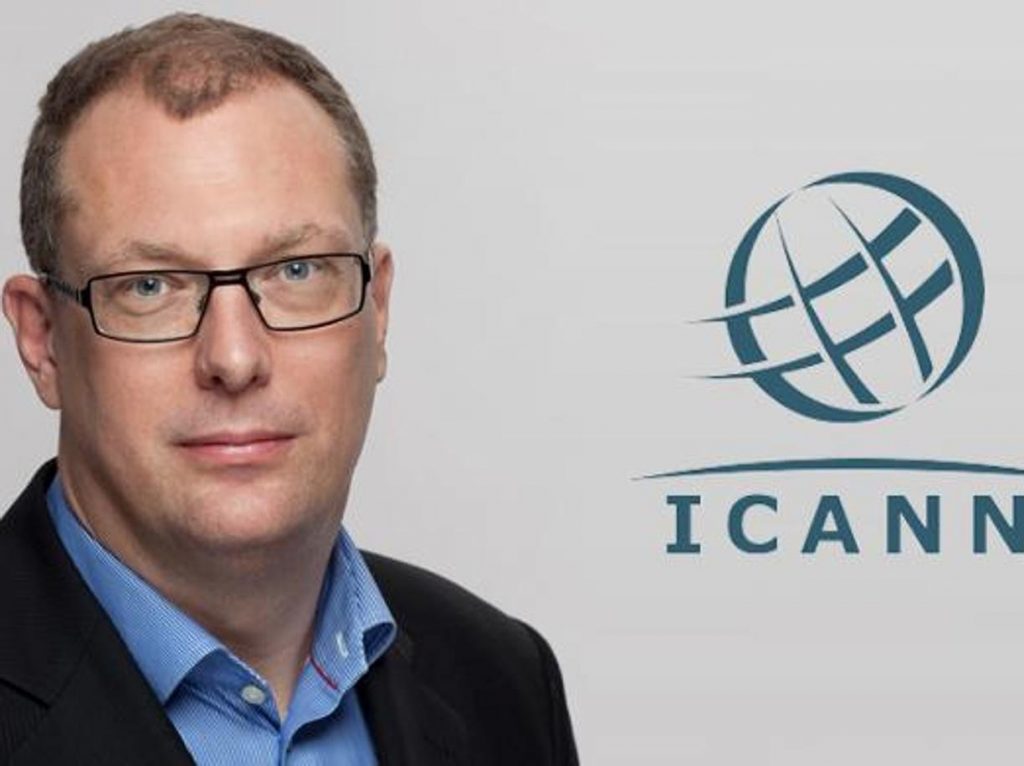Blog
ICANN leadership in transition

13/03/2016
Daniel Oppermann
In March 2016 the Internet Corporation For Assigned Names and Numbers (ICANN) will initiate the first concrete steps in its leadership transition that had been announced about a year ago. These steps are the interim leadership transition from President and CEO Fadi Chehadé to Akram Atallah (Global Domains Division) until the new President will take office in May 2016.
In May 2015 the organization had declared that Fadi Chehadé would step back from his position in early 2016 which came as a surprise to the international Internet community as Chehadé’s contract was to end only in June 2017. Without any further explanations given the international Internet community waited and speculated about possible reasons and successors until ICANN presented its next President and CEO Göran Marby from Sweden in February 2016.
Over the past years Marby has served the Swedish government as Director General at the Swedish Post and Telecom Agency after spending a few years as an IT entrepreneur and employee. He will take over in May 2016 the responsibility for a number of projects at ICANN that Fadi Chehadé has initiated or impacted with his very unique diplomatic and embracing approach. Chehadé was known to be the first President at ICANN with a non-Western background. Although having lived in the United States for a few decades he is of Northern-African origin and grew up in the Middle East. The experience of not only knowing about technology but also about different parts of the world, different cultures, history, languages and ways of thinking helped him become the open-minded person the international Internet community was observing with high interest over the past almost four years. Already in 2001, more than a decade before he entered his leadership position at ICANN, CNN denominated him a philosopher-businessman refering to his well-known way of reflecting and articulating himself. These special inclusive abilities helped him reach out to different communities in several parts of the world and to include new individuals and organizations into the ICANN ecosystem (Chehadé: “I have a personal and deep love of bringing consensus.”). Under his leadership ICANN became visible for the first time to various Internet users and actors in several mostly non-Western regions of the world.
Many traditional Western Internet actors had (or still have) no notion about the missing parts in the international Internet community as most of them are not aware of the real size and diversity of this planet and of the huge quantity of Internet users and actors especially in Africa, Asia and South America. Traditionally seen by the West as customers or cheap labor force to uphold their own living standards many of these actors started getting involved in global Internet issues after Chehadé had pointed them out over the past few years. This political involvement by Chehadé also brought lots of criticism from the traditional ICANN community. Especially the private sector and those involved in one of the other large ICANN projects of these days – namely the New gTLD Program – were unhappy to see ICANN spending time and resources (which partly came from their own fees) into massive internationalization campaigns instead of resolving the problems of the new gTLD evaluation processes. Especially these actors might be very pleased to see with Göran Marby a new ICANN CEO with a pure administrative and business approach. Although they would certainly prefer more business than administration. The following months will show to what proportions Marby will set his leadership course.
Fadi Chehadé will also remain present in the Internet governance ecosystem. One of his next career steps announced over the past few months will be advising the Global Challenge Initiative on the Future of the Internet, a project set up by the World Economic Forum (WEF). It looks like the world will soon see another Internet governance initiative stepping onto the stage. And this one might be less inclusive than the international Internet community would prefer it to be.